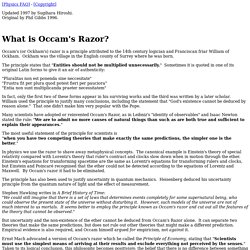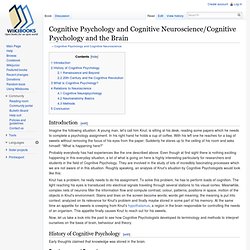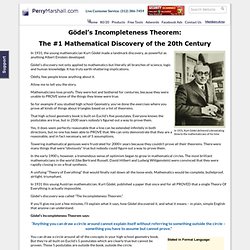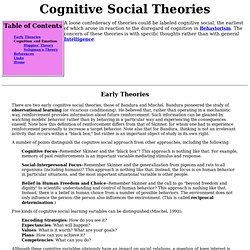

What is Occam's Razor? [Physics FAQ] - [Copyright] Updated 1997 by Sugihara Hiroshi.

Original by Phil Gibbs 1996. Occam's (or Ockham's) razor is a principle attributed to the 14th century logician and Franciscan friar William of Ockham. Ockham was the village in the English county of Surrey where he was born. The principle states that "Entities should not be multiplied unnecessarily. " "Pluralitas non est ponenda sine neccesitate" "Frustra fit per plura quod potest fieri per pauciora" "Entia non sunt multiplicanda praeter necessitatem" In fact, only the first two of these forms appear in his surviving works and the third was written by a later scholar. Many scientists have adopted or reinvented Occam's Razor, as in Leibniz's "identity of observables" and Isaac Newton stated the rule: "We are to admit no more causes of natural things than such as are both true and sufficient to explain their appearances.
" In physics we use the razor to shave away metaphysical concepts. References: W. W. Cognitive Psychology and Cognitive Neuroscience/Cognitive Psychology and the Brain. Introduction[edit] Imagine the following situation: A young man, let’s call him Knut, is sitting at his desk, reading some papers which he needs to complete a psychology assignment.

In his right hand he holds a cup of coffee. With his left one he reaches for a bag of sweets without removing the focus of his eyes from the paper. Suddenly he stares up to the ceiling of his room and asks himself: “What is happening here?” Probably everybody has had experiences like the one described above. Knut has a problem; he really needs to do his assignment.
Now, let us take a look into the past to see how Cognitive Psychologists developed its terminology and methods to interpret ourselves on the basis of brain, behaviour and theory. History of Cognitive Psychology[edit] Early thoughts claimed that knowledge was stored in the brain. Renaissance and Beyond[edit] 20th Century and the Cognitive Revolution[edit] What is Cognitive Psychology? Relations to Neuroscience[edit] Cognitive Neuropsychology[edit] Gödel’s Incompleteness Theorem. Gödel’s Incompleteness Theorem: The #1 Mathematical Discovery of the 20th Century In 1931, Kurt Gödel delivered a devastating blow to the mathematicians of his time In 1931, the young mathematician Kurt Gödel made a landmark discovery, as powerful as anything Albert Einstein developed.

Gödel’s discovery not only applied to mathematics but literally all branches of science, logic and human knowledge. It has truly earth-shattering implications. Oddly, few people know anything about it. Allow me to tell you the story. Mathematicians love proofs. So for example if you studied high school Geometry, you’ve done the exercises where you prove all kinds of things about triangles based on a list of theorems. That high school geometry book is built on Euclid’s five postulates. Yes, it does seem perfectly reasonable that a line can be extended infinitely in both directions, but no one has been able to PROVE that. A unifying “Theory of Everything” that would finally nail down all the loose ends. 1. 1. Great Ideas in Personality. There are two early cognitive social theories, those of Bandura and Mischel.

Bandura pioneered the study of observational learning (or vicarious conditioning). He believed that, rather than operating in a mechanistic way, reinforcement provides information about future reinforcement. Such information can be gleaned by watching models' behavior rather than by behaving in a particular way and experiencing the consequences oneself. Note how this definition of reinforcement differs from that of Skinner, for whom one had to experience reinforcement personally to increase a target behavior. Note also that for Bandura, thinking is not an irrelevant activity that occurs within a "black box," but rather is an important object of study in its own right.
A number of points distinguish the cognitive social approach from other approaches, including the following. Cognitive Focus--Remember Skinner and the "black box"? Higgins' Theory.